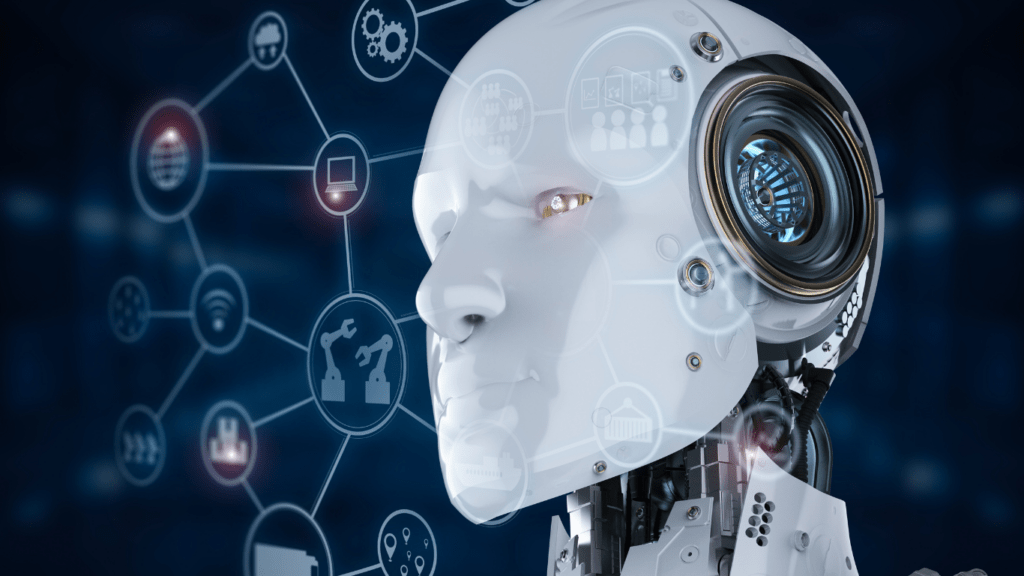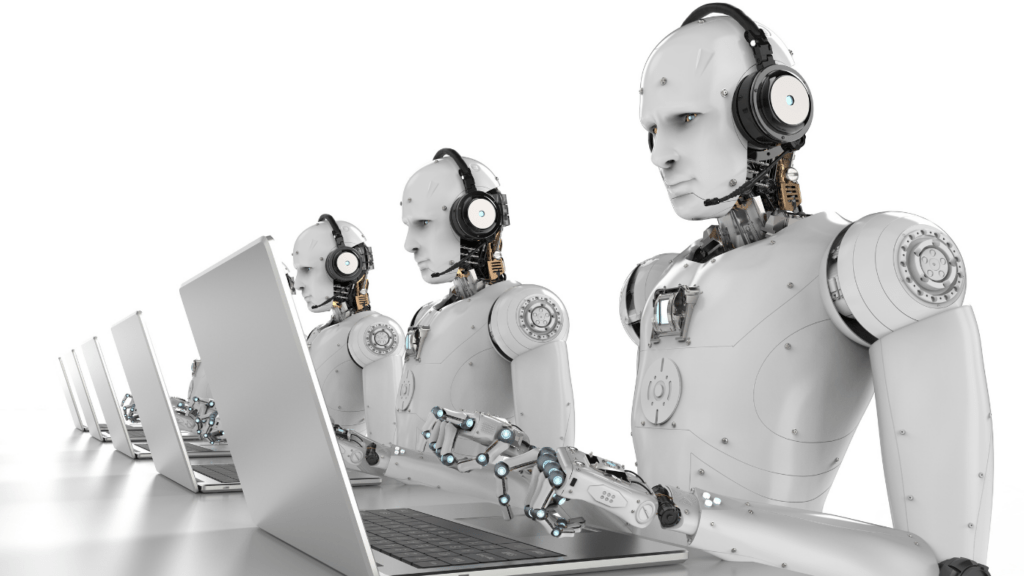Understanding The Rise Of Automation
Automation’s rise stems from advancements in artificial intelligence, machine learning, and robotics. These technologies enable machines to perform tasks autonomously, reducing human intervention. Industries like manufacturing, healthcare, and logistics increasingly rely on robotic systems to streamline operations and boost efficiency.
Manufacturing employs robots for precision tasks like assembly and welding. According to the International Federation of Robotics, robot installations grew 31% globally in 2021 alone. Healthcare benefits from automation through robotic surgery, diagnostic tools, and patient monitoring systems. In logistics, warehouse robots optimize inventory management and order fulfillment, as seen in Amazon’s fulfillment centers.
Consumer automation integrates into daily life with smart home devices, robotic vacuum cleaners, and personal assistants. These solutions save time and enhance convenience, making automation indispensable in many households.
Key Areas Where Robots Are Transforming Daily Life
Robots have become integral to several aspects of everyday living, offering solutions that improve efficiency, accuracy, and convenience. From healthcare to education, their impact continues to grow.
Healthcare And Medical Advancements
Automation enhances healthcare services through surgical robots, diagnostic tools, and patient care systems. Robotic surgery, such as the da Vinci Surgical System, allows for unparalleled precision in minimally invasive procedures. Autonomous devices, like robotic exoskeletons, support mobility for individuals with physical disabilities. In diagnostics, AI-powered robots analyze medical imaging or lab results faster than traditional methods.
Home Automation And Smart Living
Robots simplify household management with:
- cleaning devices
- security systems
- interactive home assistants
Robotic vacuum cleaners, like Roomba, handle daily cleaning tasks, saving time and effort. Robotic security systems monitor properties with advanced sensors and real-time alerts. Smart assistants, like Amazon Echo, integrate with connected devices to create seamless home experiences.
Manufacturing And Workplace Efficiency
Industrial robots perform with unmatched accuracy, increasing productivity and reducing operational costs. In automotive manufacturing, robots assemble vehicle parts with minimal wastage. Collaborative robots, or cobots, now work alongside humans, handling repetitive tasks while boosting safety. Automated quality control systems identify defects faster than manual inspections.
Education And Skill Enhancement
- Robots aid learning through interactive educational technologies and skill-building programs.
- Social robots, like NAO, engage students in STEM education by demonstrating coding or robotics principles.
- AI tutors provide personalized assistance, adjusting lessons based on individual learning speeds.
- In professional settings, robotic simulators train surgeons or pilots in high-risk scenarios.
Benefits Of Automation In Everyday Life

Automation integrates seamlessly into our routines, transforming how we manage tasks and improving overall efficiency. From simplifying daily chores to supporting critical operations, its impact is vast.
Saving Time And Effort
Automated systems reduce time spent on repetitive tasks, increasing productivity. For instance, robotic vacuum cleaners handle floor cleaning, while smart assistants schedule appointments and send reminders. In the workplace, automated tools process data faster than manual methods, allowing teams to focus on strategic activities.
Improving Accuracy And Precision
Automation minimizes human error, ensuring consistent results in task performance. Industrial robots, for example, assemble components with exact precision, improving product quality in manufacturing. In healthcare, diagnostic tools powered by AI identify conditions with higher accuracy, leading to better treatment outcomes.
Enhancing Safety And Accessibility
Robots enhance safety by performing dangerous tasks and assisting individuals with disabilities. In construction, autonomous machinery handles hazardous operations, reducing worker risk. Home automation systems, like voice-activated assistants, provide greater accessibility for those with mobility challenges, making everyday life easier for everyone.
Challenges And Ethical Considerations
While automation enhances daily life, it raises challenges requiring careful attention. Ethical considerations are central to implementing robots responsibly in society.
Job Displacement Concerns
Increasing reliance on robots impacts employment across industries. Automation in sectors like manufacturing and logistics replaces repetitive and manual jobs, such as assembly line work and inventory handling. Advanced algorithms reduce the need for roles previously managed by humans.
Service-oriented professions, including customer support or delivery services, are also affected as robots take on tasks like virtual assistance and last-mile delivery. Reskilling and upskilling opportunities are essential for workers adapting to new demands in automated environments.
Privacy And Security Risks
Robotic systems often collect and process sensitive data to function effectively. For instance, smart assistants and home robots gather personal information, while healthcare robots access patient data for customized care. This raises concerns about data misuse, breaches, and unauthorized access.
Ensuring robust cybersecurity measures is crucial for mitigating risks. Transparent practices, such as user consent and secure data storage, enhance trust in automation technologies while minimizing ethical violations regarding privacy.





